Navigating the Terrain: Understanding the Map of Tyre
Related Articles: Navigating the Terrain: Understanding the Map of Tyre
Introduction
In this auspicious occasion, we are delighted to delve into the intriguing topic related to Navigating the Terrain: Understanding the Map of Tyre. Let’s weave interesting information and offer fresh perspectives to the readers.
Table of Content
Navigating the Terrain: Understanding the Map of Tyre
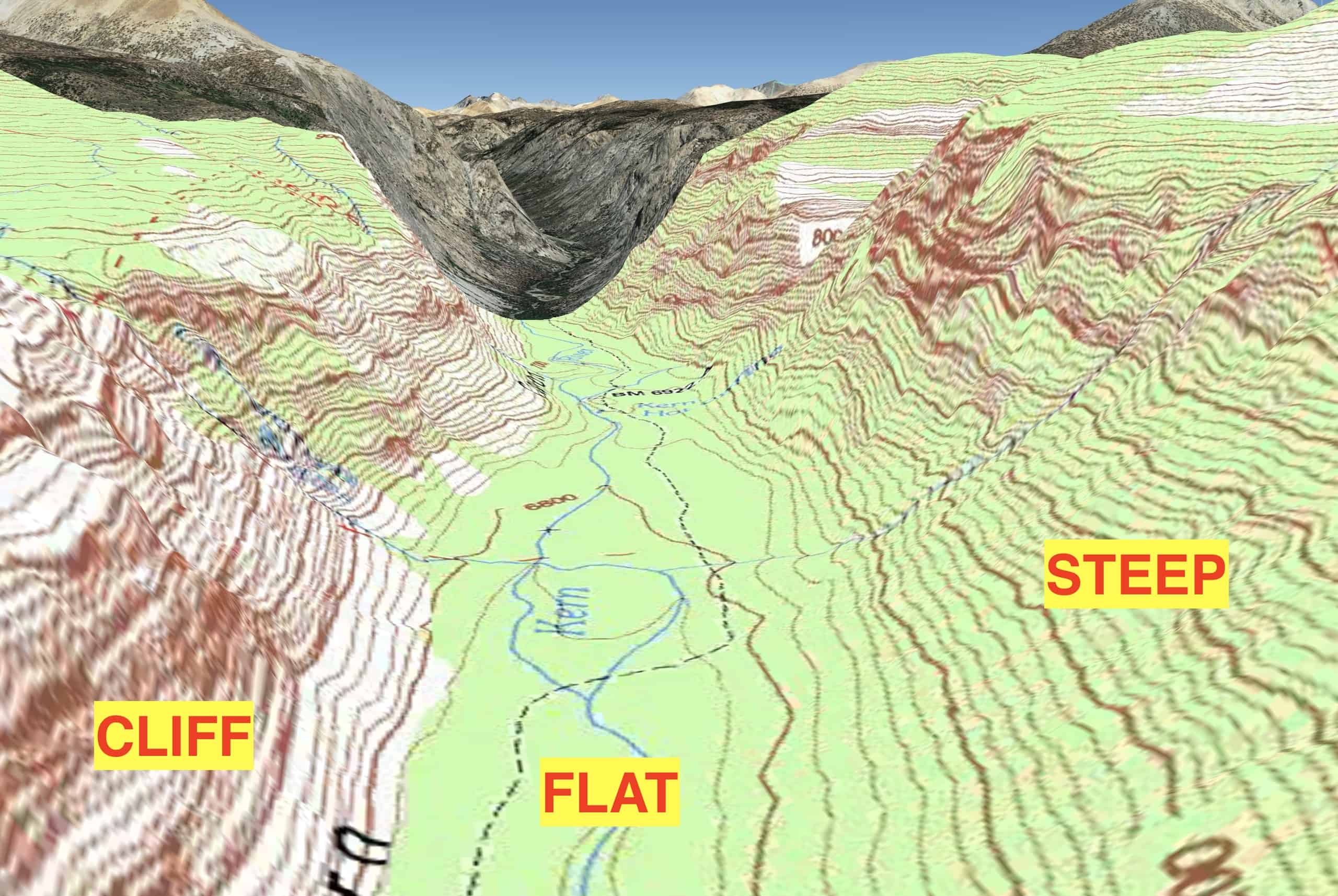
The term "map of tyre" is a metaphorical representation of a comprehensive understanding of the intricate workings of a tyre, encompassing its structure, materials, construction, and performance characteristics. It is not a literal map, but rather a conceptual framework that allows for a deeper comprehension of this essential automotive component.
Deconstructing the Tyre: A Layered Understanding
To grasp the intricacies of a tyre, it is helpful to dissect it into its constituent parts. This "map" can be visualized as a series of concentric circles, each representing a distinct layer:
- The Tread: This outermost layer is the tyre’s direct interface with the road surface. Its pattern, depth, and composition are crucial for grip, traction, and wear resistance.
- The Carcass: This is the tyre’s structural backbone, composed of multiple layers of cord and rubber. It provides the tyre with its shape, strength, and ability to withstand internal pressure.
- The Bead: This reinforced ring at the base of the tyre ensures a secure fit on the wheel rim, preventing slippage and ensuring proper inflation.
- The Sidewall: This flexible, reinforced layer connects the tread to the bead, providing support and protection while accommodating the tyre’s movement.
- The Inner Liner: This airtight layer prevents air from escaping through the carcass, maintaining tyre pressure.
Beyond the Layers: Exploring Tyre Performance
This "map" extends beyond the physical structure, delving into the tyre’s performance characteristics. Understanding these aspects allows for optimal tyre selection and usage:
- Rolling Resistance: This refers to the friction generated between the tyre and the road surface during movement. A lower rolling resistance translates to improved fuel efficiency.
- Grip: This represents the tyre’s ability to adhere to the road surface, crucial for braking, cornering, and accelerating.
- Ride Comfort: This refers to the tyre’s ability to absorb road irregularities and vibrations, enhancing passenger comfort.
- Durability: This encompasses the tyre’s resistance to wear and tear, ensuring longevity and performance over time.
The Importance of the Tyre Map
This comprehensive understanding of the tyre, its components, and its performance characteristics is crucial for:
- Informed Tyre Selection: By understanding the "map," consumers can choose tyres that best suit their vehicle, driving style, and environmental conditions.
- Optimizing Tyre Performance: A thorough understanding of the tyre’s workings enables users to maintain proper tyre pressure, rotation, and alignment, maximizing tyre life and performance.
- Promoting Road Safety: By recognizing the importance of tyre condition and understanding the factors influencing grip and handling, drivers can make informed decisions that enhance road safety.
- Enhancing Vehicle Efficiency: Understanding rolling resistance and other performance parameters allows for the selection of tyres that minimize fuel consumption and optimize vehicle efficiency.
FAQs on the Tyre Map
Q: What factors influence tyre tread pattern design?
A: Tread patterns are designed to optimize grip, traction, and water dispersal. Factors influencing design include vehicle type, driving conditions (dry, wet, or snowy), and desired performance characteristics.
Q: How does tyre pressure affect tyre performance?
A: Tyre pressure directly impacts the tyre’s contact patch with the road surface. Underinflation reduces contact area, increasing rolling resistance and reducing grip. Overinflation decreases ride comfort and can lead to premature wear.
Q: What is the role of tyre rotation in maximizing tyre life?
A: Tyre rotation ensures even wear across all four tyres by periodically switching their positions. This prevents premature wear on specific tyres, extending their overall lifespan.
Q: How does tyre construction affect its performance?
A: The materials and construction of the tyre significantly influence its performance. Reinforced carcasses provide strength and durability, while specialized compounds enhance grip and wear resistance.
Tips for Navigating the Tyre Map
- Consult a Tyre Specialist: Seek expert advice from a qualified tyre professional to choose the right tyres for your vehicle and driving needs.
- Read Tyre Labels: Understand the information provided on tyre labels, including load index, speed rating, and tread wear rating.
- Maintain Proper Tyre Pressure: Regularly check and adjust tyre pressure to the manufacturer’s recommended level.
- Rotate Tyres Regularly: Follow the manufacturer’s guidelines for tyre rotation to ensure even wear and maximize tyre life.
- Inspect Tyres Regularly: Visually inspect tyres for signs of wear, damage, or punctures.
Conclusion: The Tyre Map as a Guide to Performance
The "map of tyre" provides a comprehensive framework for understanding the intricacies of this essential automotive component. By navigating its layers, exploring its performance characteristics, and adhering to best practices, drivers can optimize tyre performance, enhance vehicle efficiency, and prioritize road safety.
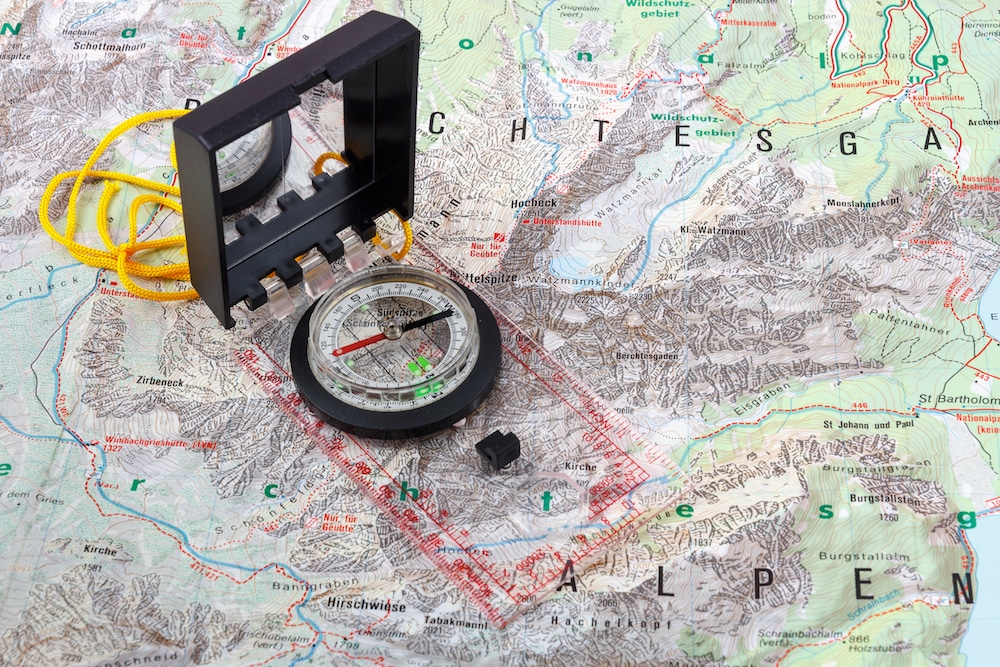
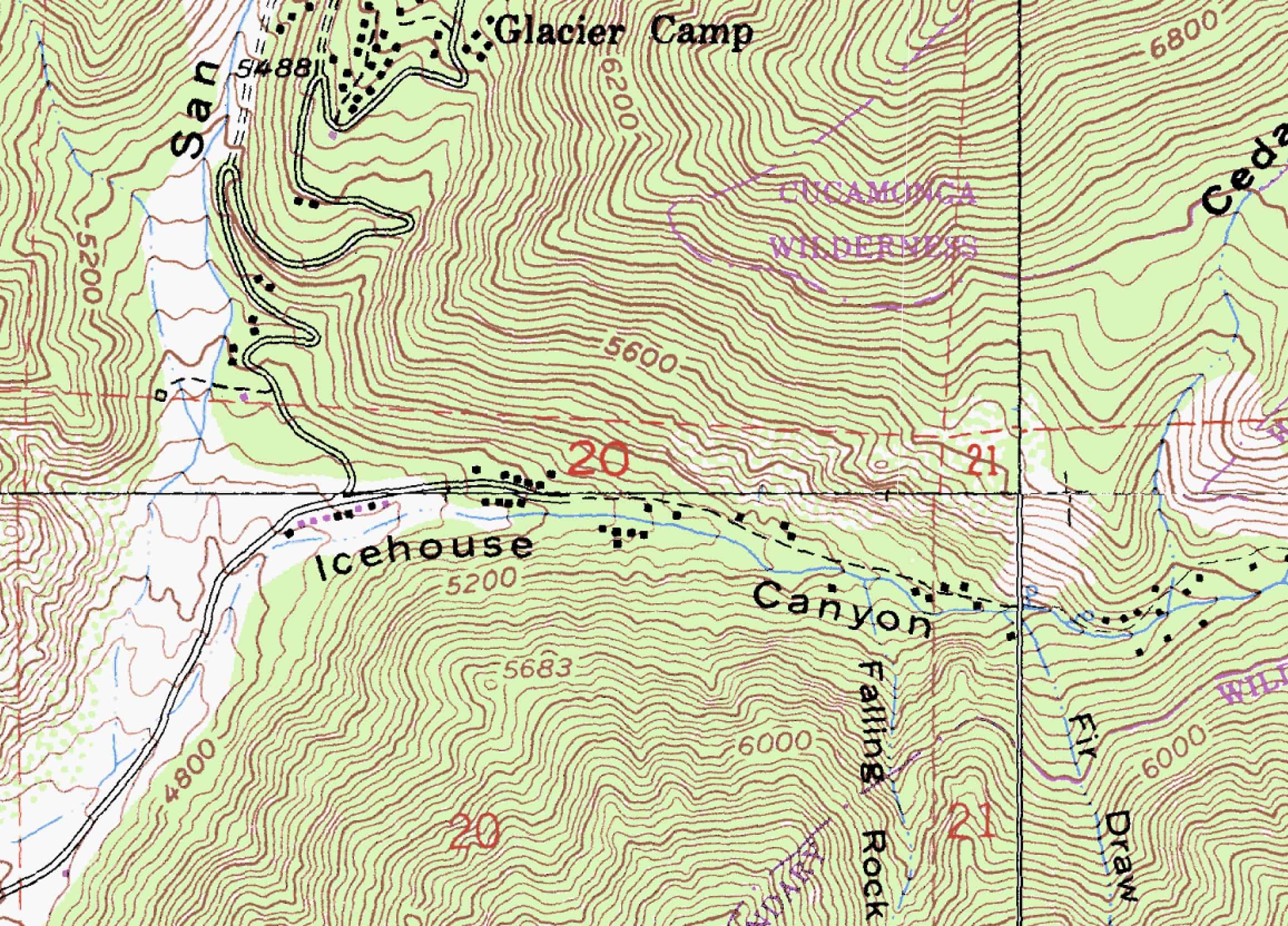
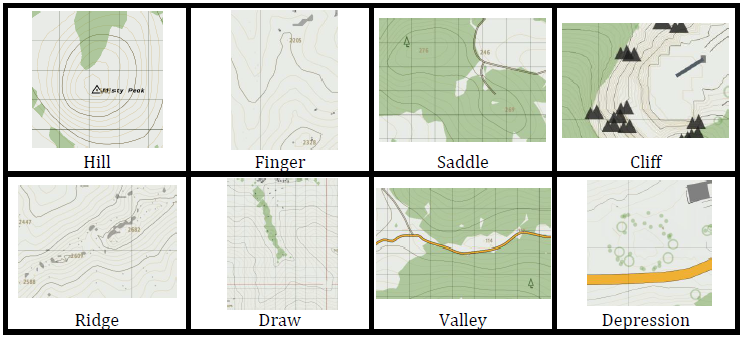

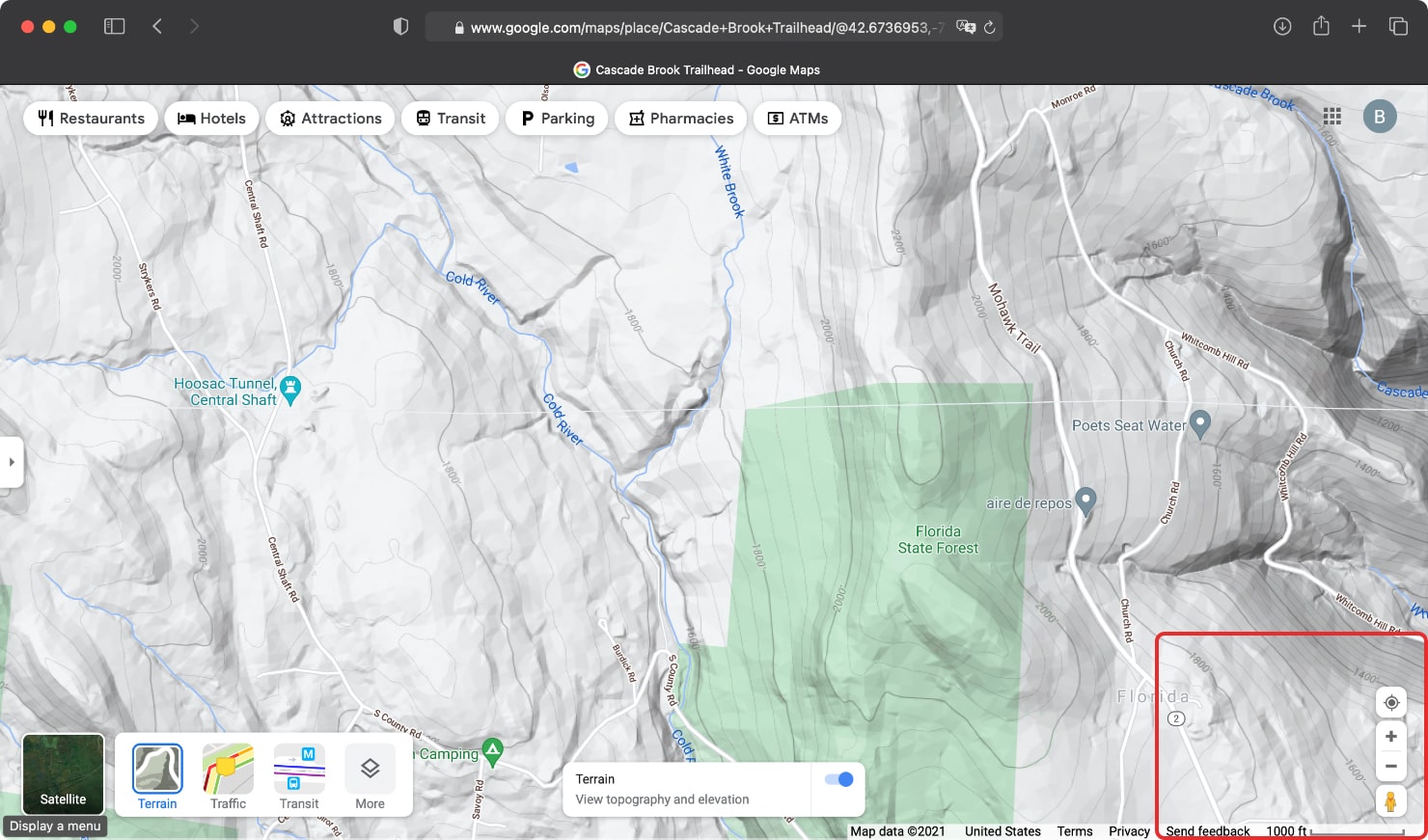



Closure
Thus, we hope this article has provided valuable insights into Navigating the Terrain: Understanding the Map of Tyre. We hope you find this article informative and beneficial. See you in our next article!